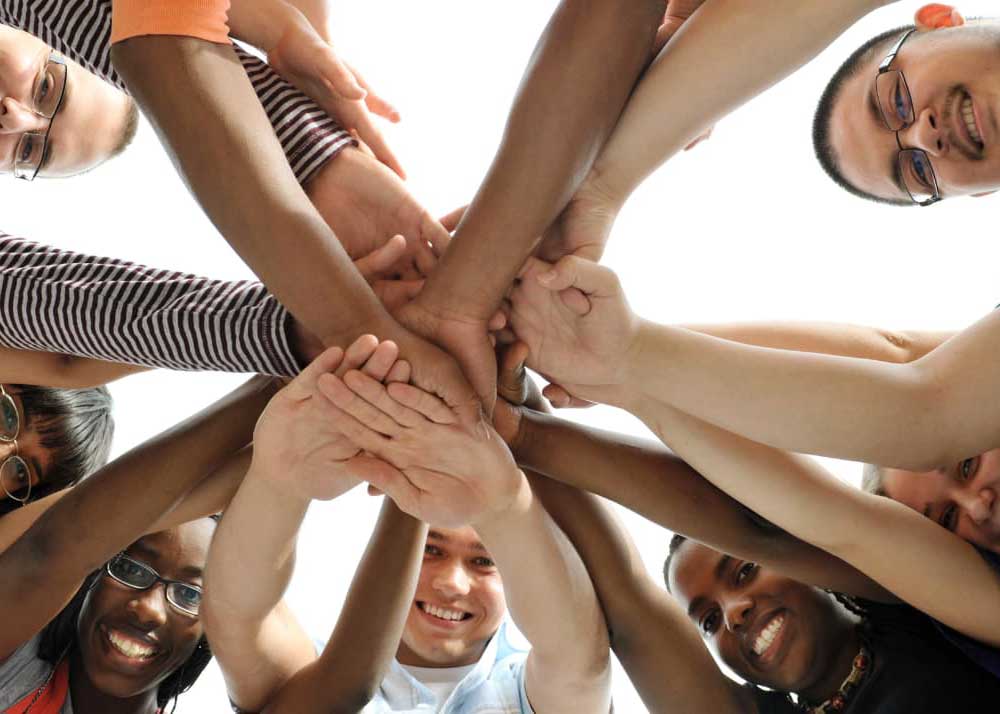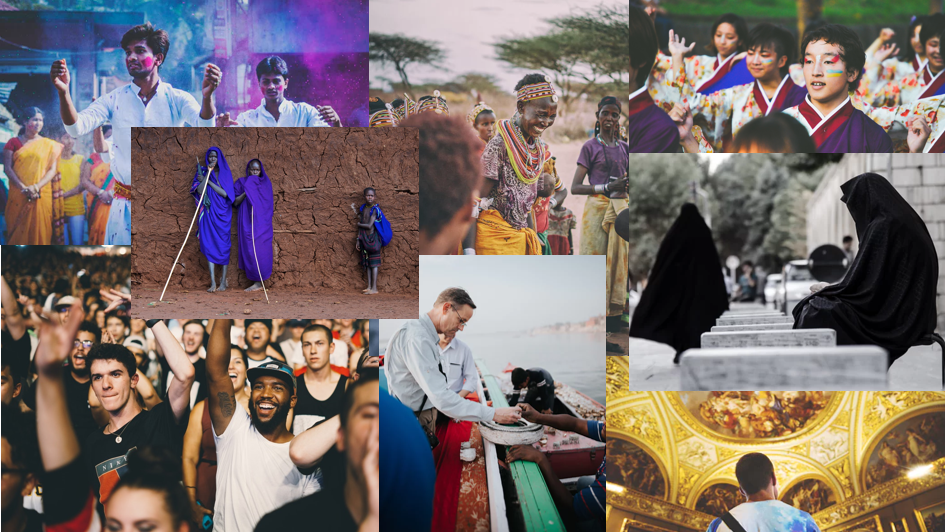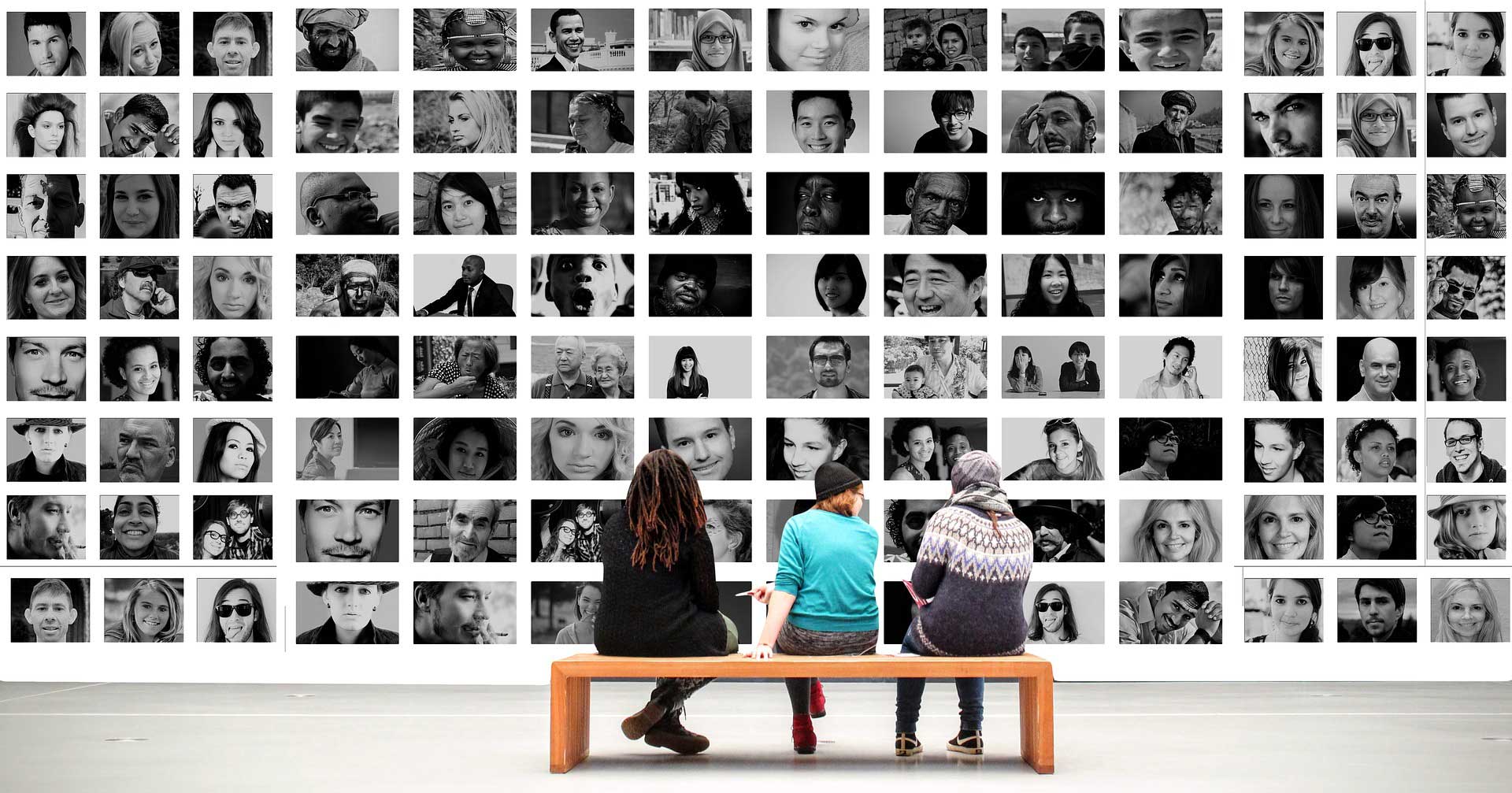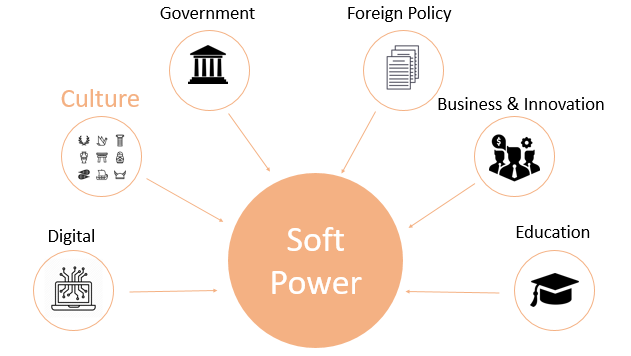
Cultural Diplomacy
Ce este Cultural Diplomacy?
LOCAL este NOUL GLOBAL
Chiar dacă procesul de globalizare și-a pus amprenta asupra culturilor țărilor, mai ales din cauza evoluției migrației și a adunării diferitelor culturi în același loc, tendințele sunt de revenire și promovare a vechilor obiceiuri, tradiții specifice fiecărei țări.
Între 2016 și 2017 a avut loc o creștere semnificativă a populismului din cauza nemulțumirii oamenilor față de cei pe care i-au votat. Două evenimente importante care au rezultat din nemulțumirea oamenilor: Brexitul și alegerile prezidențiale din Statele Unite.
Culture is the statement that everybody is linked with: all nations, states and civilizations. This is why culture is one of the most influencial and important worldwide word, representing the human race.
The colorful background of cultures, that has shaped societies, institutions, states and mindsets, is the personal and collective identity that all nations and people carry with them in any form of interaction.
Cultural Diplomacy, the third pillar in Diplomacy, could be an instrument in business.
There are certain principles of cultural dialogue: respect for diversity, peace, stability and human rights. Companies expanding internationally should focus on this issue. Building relationships in different cultures is a key factor in Business Diplomacy.

Countries that take advantage of their cultural heritage could create a positive image that can also contribute to achieving political goals. Identity policy exerts an increasing influence on domestic and international symbols. Culture is a major instrument in international relations. Both diplomats and business people need to take advantage of the potential that it offers.
Culture today represents an inevitable aspect of contemporary international relations, while cultural diplomacy has become one of the most respected tools in the contemporary diplomatic strategies.
Culture could be interpreted as a matrix of people characteristics, which should be understood for a good communication, and positives energies between nations and even between foreign companies.
Public diplomacy is closely linked to cultural diplomacy, both are based on promoting the values of states and civilizations.

To achieve these objectives, the following Cultural Diplomacy tools are used:
- Agreements and Bilateral Cooperation Programs;
- Collaboration with Cultural Institutes and the foreign cultural institutes;
- Bilateral educational relations and studies;
- Multilateral and regional cultural cooperation;
- Agreements and intergovernmental programs in the fields of culture and education are the legal basis for different projects and bilateral cultural and educational exchanges.
Therefore, the cultivation of such multilayer interaction among people and nations that embraces and compliments their diverse identities, and specific responses in relation to environment, nature and history, has the capacity to promote and sustain sincere and profound global dialogue.
SOFT POWER & CULTURAL DIPLOMACY
Culture is about particular information about nations and civilizations, information is power, but the most important is how this information is spread and which are the channels through this is communicate. When this is communicated and promoted through state`s representatives,, like diplomats, it is more accurate. Today, global population access very easy the power of information, but too much information in a short period of time, an explosion of information leads to deficiency of attention.
Cultural diplomacy is an ambivalent concept with blurred boundaries. -European University Institute

For building international cultural relations and to develop this organic is needed an engagement of national governments, international and regional organisations, to build a constructive dialogue that must rely on equality and mutual respect, even if the power inequalities between state actors exists, these inequalities will remain forever, all actors must be involved in building cultural relations.
Cultural diplomacy is seen as a soft and smart power tool, that contributes to increase the global visibility, but also to influence others. Culture is one of the best exemples of soft power, the possiblity of using this type of communication, for promoting the values and ideas.
Cultural soft power – sometimes referred to as cultural diplomacy – is a form of soft power that strives to foster the exchange of views and ideas, promote knowledge of other cultures, and build bridges between communities. – UNESCO
Why is so important this national instrument? It is important because states and civilizations are so different, and there does not exist one size model, that fits for everyone, for a good cooperation each world region requires a different approach and peace.



